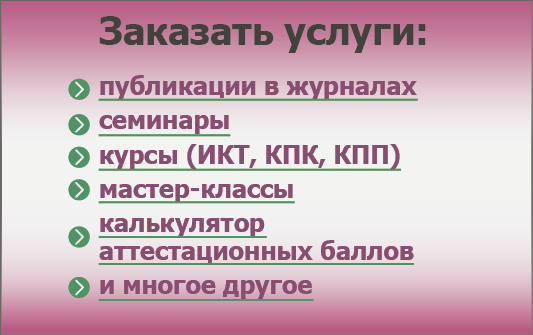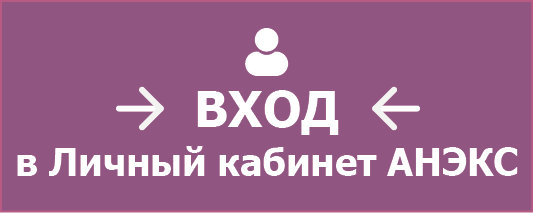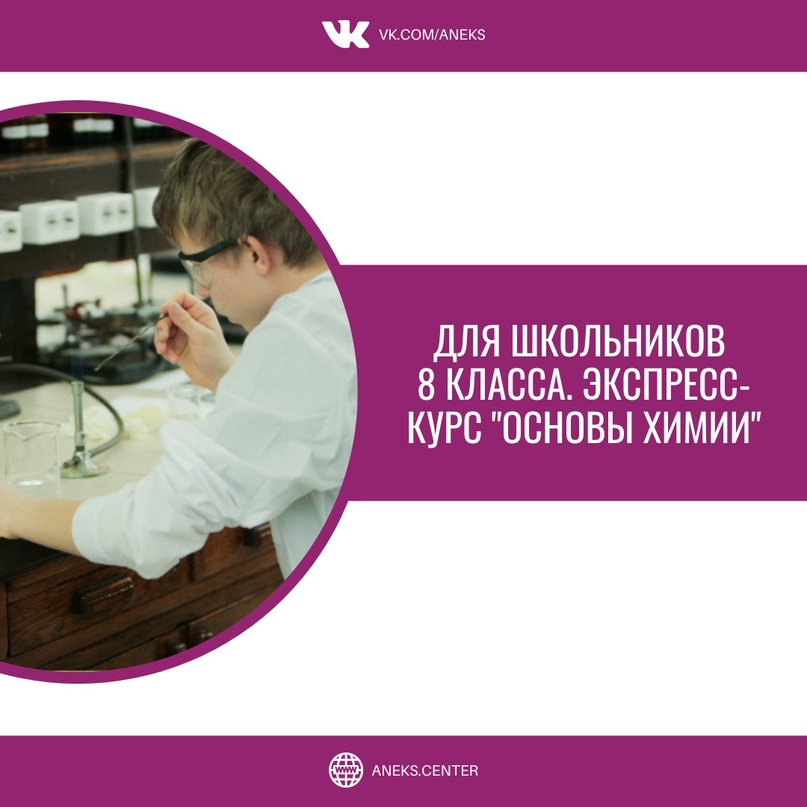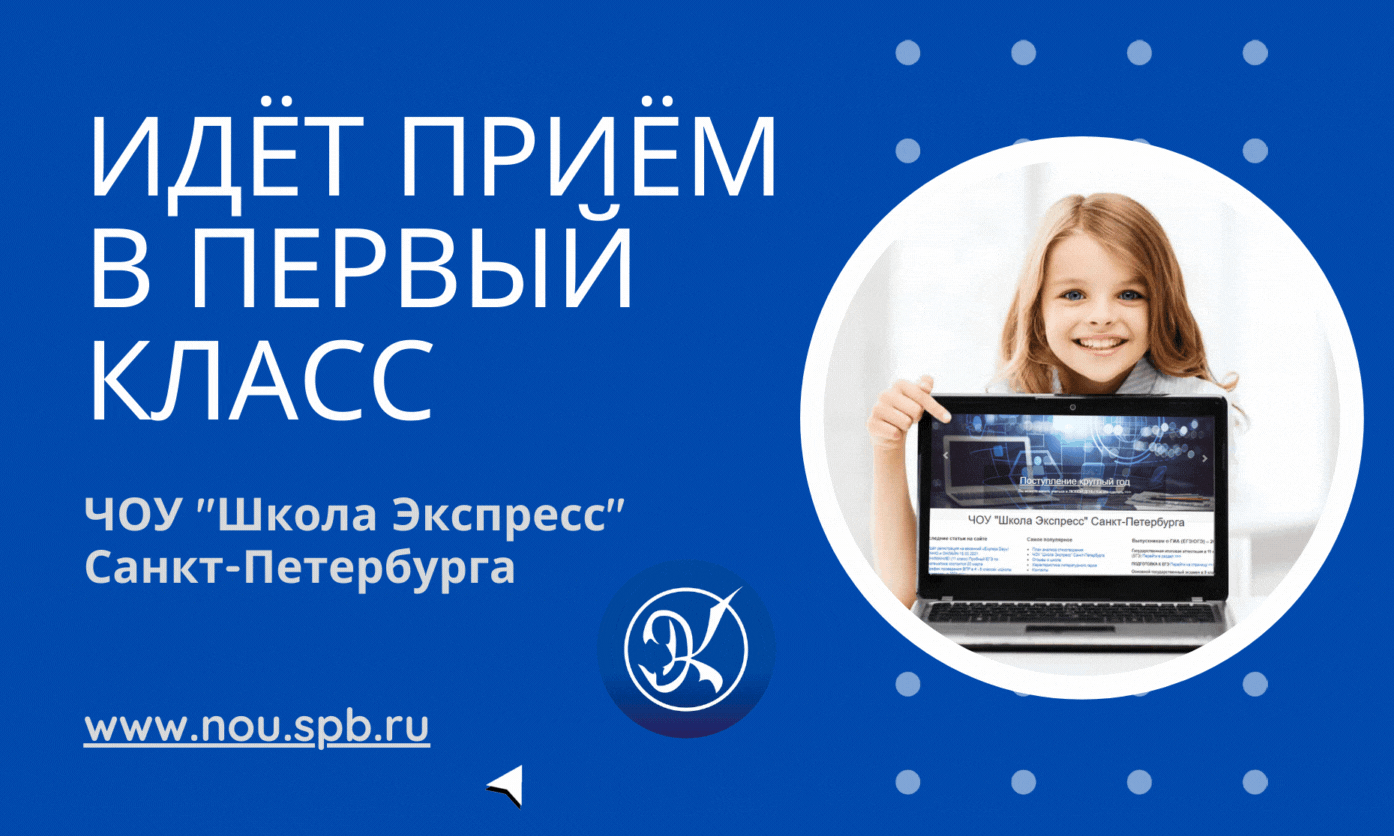Методическая разработка урока по английскому языку
Регистрация гостя в отеле
Шумова Антонина Ивановна,
преподаватель английского языка
Петровского колледжа Санкт-Петербурга
Разработка содержит план - конспект открытого урока по английскому языку и презентацию.
Группа 2 курса Специальность – 100101 «Гостиничный сервис»
Дисциплина –Деловой иностранный язык (английский)
Уровень– Pre-intermediate (1-годобучения)
Учебник–Еnglish for International Tourism, Student`s Book, Iwonna Dubicka, Margaret O`Keefe, Longman, 2012
Тема: Регистрация гостя в отеле / Checkingin
Тип урока: комбинированный – совершенствование языковых компетенций в чтении, аудировании и говорении с использованием электронно-образовательных ресурсов.
Цели урока:
Практические: совершенствование лексических и грамматических навыков говорения в устной диалогической речи, активизация лексики по речевому этикету, развитие умений решения коммуникативной задачи.
Развивающие: содействие установлению прочных связей между накопленным и новым опытом познавательной и практической деятельности – перенос знаний и умений в новые ситуации.
Воспитательные: активизация познавательной инициативы и формирование профессиональной компетентности, воспитание интереса и положительного отношения к своей профессии.
Материальное оснащение урока: доска, компьютер, проектор, МР3 плеер, раздаточный материал (карточки включены в план – конспект урока).
« Tell me – and I will forget «Скажимне– иязабуду.
Покажи мне – и я запомню.
Вовлеки меня – и я научусь.»
Show me – and I will remember. (Китайскаямудрость.)
Involve me – and I will learn.»
(Old Chinese proverb)
Ходурока:
1.Орг.момент. Приветствия. Мотивация учебной деятельности. Настрой на атмосферу иноязычного общения. Сообщение о теме и плане урока.
5 мин.
Teacher(T): Goodmorning! Glad to see you!
Student (S): Greet the teacher.
T: Are you all present today?
S: If anyone is absent, they say.
T: Today we are going to start a new topic dealing with meeting people in a hotel. It is a very responsible and rewarding work that needs some professional skills. By the way, how do we call the people who arrive at a hotel?
S: They are called guests. (Holidaymakers. Tourists. Travellers. Возможныварианты)
T: They are really called guests. Staying in a hotel is a very common experience, both on holiday and when on business. Who of you has ever stayed in a hotel?
S: Достаточноподнятойруки.
T: I see. And where do the guests go first?
S: To the Reception. (To the Receptionist. To the Front desk)
T: Sure. This place or area where the guests come first is called the Reception or the Front desk. And how do we call the person who meets them?
S: A receptionist.
T: You are right. A hotel receptionist, also sometimes called a hotel desk clerk, is responsible for providing a friendly, welcoming and efficient service to all hotel guests. Greeting, helping guests, solving any problems, making reservations and a lot of other things make him or her the person of great importance. And today we start learning how to deal with guests during the check in procedure and of course, how to complete hotel registration forms. Read the topic of our lesson on the 1st slide, please.
(Cтуденты читают название темы урока на 1ом слайде: Регистрация гостя в отеле. Checkingin.)
2.Фронтальный опрос.
Актуализация лексики. Активизация словарного запаса, познавательной инициативы.
10 мин.
T: Look at the people at the Front desk on the 2 nd slide and answer my questions: (Студентампредъявляетсяслайд№ 2) Who are these people? What are they doing?
S: (Возможныевариантыответов)There are some guests with suitcases who have just arrived, a receptionist, a manager in the uniform, maybe she is responsible for meeting guests, some people are having a conversation with another receptionist.
T: Sure, I can agree with you. Now, look at the short list of words on this slide. Some of them are familiar to you, some you can find in the picture and some I will explain to you, if necessary. Just translate these words into Russian, we may need them today, and I want to be sure you know them.
(Из предлагаемого списка слова «confirmation» и «availability» требуют подсказки, но не всегда. Остальные слова уже встречались, и сейчас наша задача вспомнить их, т.к. они могут понадобиться. Преподаватель может расширить список, предлагая такие слова как – «чемодан, администратор, гости, стойка регистрации…»)
|
Возможные варианты ответов Arrival– прибытие, приезд Checkin– регистрация Checkinprocedure– процедура регистрации ID– удостоверение Key– ключ Welcome– приветствие Availability– наличие свободных номеров Booking/reservation – бронирование Luggage – багаж Driving licence – водительскиеправа Confirmation- подтверждение |
3. Работа по карточкам. Активизация лексики по речевому этикету. Формированиекоммуникативнойкомпетентности.
10 мин.
T: Now, I see you understand the offered words dealing with check in procedure. Let`s start practising it by doing very simple things. First, look at how we can give short answers to the questions as in the example on the next slide.
(На 3-ем слайде даны варианты кратких положительных и отрицательных ответов. Студенты читают вслух и проговаривают реплики по образцу.)
T: NowIwouldlikeyoutoworkinpairs. You will have cards for student A and student B. Using shorts answers on the slide (3) answer the given questions.
(Карточки с вопросами для работы в парах. Вслух проговариваются вопросы и ответы к ним, затем можно обменяться карточками. Преподаватель прослушивает каждую пару.)
|
A
1. Do you have a reservation? (No) 2. Is it just for the one night? (Yes) 3. Would you like one of our Executive rooms? (Yes) 4. Is there one available on the ground floor? (No)
|
|
B 1. Will you be staying tomorrow as well? (No) 2. Is that a company booking? (Yes) 3. Have they confirmed their booking? (Yes) 4. Do you have a room with a view? (No)
|
Предлагаемые варианты ответов для карточек А:
1. No, we don`t.
2. Yes, it is.
3. Yes, I would.
4. No, there isn`t
Варианты ответов для карточек В:
1. No, we won`t.
2. Yes, it is.
3. Yes, they have.
4. No, we don`t.
4. Продолжениеработыпокарточкам.
Активизация лексики по речевому этикету.
10 мин.
T: You didwell. I want you to continue working in pairs. When dealing with guests you may need to confirm something. It may be some information or any details. Moreover, using this construction you may sound more polite. Notice the way we use tag questions to ask for confirmation. Look, therearesomeexamplesonthenextslide.
(На 4-ом слайде приводятся примеры использования вопросов (tagquestions) для вежливого подтверждения информации. Студентычитаютивслухпроизносятпредложения.)
Here are the cards for students C and students D. Now add tag questions to the following statements to sound polite.
(Карточки с вопросами для работы в парах. Задание может выполняться устно или письменно по усмотрению преподавателя. По окончании можно обменяться каpточками. Работа проводится под мониторингом преподавателя.)
|
С 1. There isn’t a doctor in the hotel, ________? 2. You wanted to pay in cash, ________? 3. You haven’t spoken to the duty manager yet, ________? 4. We couldn’t have a call for you, ______?
|
|
D 1. It’s more expensive in high season, _________? 2. You’re setting by credit card, _______? 3. We can sign the agreement today, _______? 4. They’re not postponing the conference, _____?
|
Предлагаемые варианты ответов для карточек С:
1. …….., is there?
2. ………, didn`t you?
3. ………, have you?
4. ………, could we?
Варианты ответов для карточек D:
1. ………., isn`t it?
2. ……….., aren`t you?
3. ……….., can`t you?
4. ……….., are they?
5. Работа в парах.
Реализация коммуникативной установки общения. Работа над речевыми образцами, клише. Активизацияречевыхформулобращениякгостю.
10 мин.
T: A friendly and welcoming approach, high standards of dress and presentation, ability to remain calm during difficult situations, excellent interpersonal skills, pleasant telephone manners and of course extra polite English - these are only some skills that you will need in your future work.
The importance of sounding polite is not just WHAT you say but it is also the WAY you say. Let`s start with using polite English and look, please, on the next slide.
(На 5-ом слайде представлены вежливые формулы.)
T: Focus on the polite forms and read them.
(Студенты читают речевые формулы вслух за преподавателем, отрабатывая вежливую интонацию. )
T: Now try to do the following. Look, there are some sentences on the blackboard.
(Преподаватель предлагает несколько предложений на доске. Можно вызвать одного из студентов и под диктовку преподавателя записать их. В зависимости от уровня группы задание может быть устным или письменным.)
Предложения на доске.
1. Signhere!
2. Give me the key.
3. Help me with the luggage!
4. Open the window!
5. …a single or a double room?
6. Your name! Your address!
7. …a room with a shower or a bath?
8. Show me your passport!
T: Using the polite forms on this slide read the sentences on the blackboard. Make sure you use these examples when changing the given sentences (1 - 8). Never hesitate before PLEASE. You may do this activity in pairs.
(Эта работа проводится в парах под мониторингом преподавателя. По окончании можно закрепить работой хором.)
6. Работа с текстом.
Расширение практики делового общения. Чтение диалога с последующим заполнением регистрационной формы. Реализация коммуникативной задачи. Ознакомление с процедурой регистрации в отеле.
30 мин.
T: I liked your work, you sounded really polite and professional. Thank you. Now we are going to read a text “At the Front desk”. This text is in the form of a dialogue. The situation is the following: Consuela Rodriguez is checking in to the Inn Hotel. Read the conversation between the guest (G) and the Front Desk Clerk or Receptionist (C) .
The words on the 6th slide can help you.
(На 6-ом слайде предлагаются слова к тексту с переводом.)
(Студентам предлагается следующий текст распечатанный на отдельных листах.)
|
At the Front Desk
C.- Good afternoon. Can I help you? G.- Yes. Do you have any vacancies starting tonight? C.- Yes, ma’am, we do. How long would you like to stay? G.- For four nights. C.- What kind of room would you like? G.- A single, if possible. C.- Let me see… Yes, we do have one at $90 per night. Will you be paying by credit card? G.- Yes. MasterCard. Here you are. C.-That’s Ms. Rodriguez? I’ll just take an impression of your card. Would you please complete the guest registration card? G.- Certainly. C.- Here’s your credit card, Ms. Rodriguez, and your room key, your room is 505. G.- Thank you. C.- This your room charge card. You’ll need this if you charge anything in the restaurant or lobby shops. Could you sign it here? G.- OK. C.- Right. Your room is on the seventh floor. The bell captain will take your bags up to your room. G.- Thank you. Oh, is the restaurant still serving lunch? C.- Our main restaurant closes at two-thirty, but you can get something to eat in the All-Day Coffee Shop. It’s located across the lobby. G.- Thank you very much. C.- You’re very welcome. Enjoy your stay with us.
|
T: I see you are ready. Was it difficult for you?
S: No.
T: Did you have many unfamiliar words?
S: No.
T: And now I would like you to do the following. Please, look , here is a guest registration card on the next slide.
(На 7-ом слайде студентам предлагается “карточка гостя”, которую необходимо заполнить, используя информацию текста – диалога.)
T: First read it and tell me, what information is needed.
(Студенты читают информацию на 7-ом слайде и дают ответы.)
S: Name of the guest, total cost, cost per night, room number … etc.
T: You are right. And now, please, complete this form, using information of the text. Imagine, you are a receptionist, and Consuela Rodriguez is your guest. If necessary, you may look at the conversation and fill in the missing information.
(Если занятие проводится в компьютерном классе, то эту работу студенты могут выполнять на компьютере индивидуально. )
7. Аудирование.
Активизация профессиональной лексики для ведения телефонных переговоров. Высказываниепредположений. Развитиекритическогомышления.
10 мин.
Т: Now we are going to listen to a short dialogue dealing with check in procedure. Please, open your books on page 46, activity 2 (Listening – Check -ing in). Here you can see some phrases in some order, and of course, this order is wrong. Your task is to listen to the conversation and put the offered actions in the correct order as you hear on the tape.
(CтудентыпрослушиваютдиалогизучебникаEnglish for international Tourism, unit 7, activity 2, tapescript on page 135. Во время прослушивания выполняют задание.)
Предлагаемые варианты ответов: 1-d, 2-c, 3-f, 4-a, 5-g, 6-h, 7-e, 8-b.
T: I can agree with you, with your order. Now listen to it for the second time and decide whether or not the receptionist is polite.
(Cтудентам предлагается второе прослушивание аудиозаписи.)
S: Yes, the receptionist is polite.
8. Рефлексия. Подведениеитогов.
Домашнее задание. Закрепление речевых компетенций диалогической речи по теме : Регистрация гостя в отеле.
5 мин.
T: Thank you very much. You did a lot today. During the lesson we discussed some professional things – work of a receptionist, some of his or her duties and responsibilities. We started a very interesting topic - checking in or registration of a guest in a hotel, because it is one of the most important procedures.
Your homework for the next time is making a dialogue dealing with check in procedure. According to the situation, one of you is a receptionist of a hotel for example ROYAL HOTEL and your partner is a guest. Of course, you may invent details and events, names and dates all that depends on your imagination. Bereadytopresentyourdialogueschangingtheroles.
(Cтуденты получают домашнее задание индивидуально на карточках. Задание одинаково для всех: составление диалога по предложенной ситуации.)
Пример карточки для домашнего задания.
|
Task:You meet the guest who has a reservation (he phoned to reserve a room 2 days ago). Check him in. Discuss his preferences and reserve a table in the hotel's restaurant for the next evening (his special requirement)
|
Основные источники
1. Гончарова Т.А. «Английский язык для гостиничного бизнеса», Москва, ИЦ "Академия", 2013
2. Еnglish for International Tourism, Student`s Book, Iwonna Dubicka, Margaret O`Keefe, Longman, 2012
3. Еnglish for International Tourism, Workbook, Iwonna Dubicka, Margaret O`Keefe, Longman, 2012










